The Freedom Fallacy Part 1 of 4
Is Freedom Real—or Just a Beautiful Illusion?
Let’s talk about freedom.
Not the patriotic kind, or the surface-level version tied to vacations, remote work, or doing whatever you want when you want. I’m talking about the deeper, more personal kind of freedom—the kind I’ve been chasing for years.
As an African-American, the word “freedom” holds layers for me. It’s sacred. Historical. Loaded with pain, power, and hope. My ancestors were literally confined—tethered to fields, to labor, to systems designed to break the spirit and limit the body. So for me, freedom has always represented the ability to move without chains. To choose my work. To go where I want. To live a life of autonomy without anyone dictating what I can or can’t do.
In my mind, freedom looked like the ability to follow my heart and do whatever my mind desired.
No boundaries. No boxes. No rules. Just pure possibility.
But here’s what no one told me—freedom doesn’t feel so free when you actually start to pursue it.
The Cost of “Freedom”
The deeper I got into building a life for myself—whether in business, relationships, or personal goals—the more I realized that the kind of freedom I wanted came with a cost.
And that cost looked a lot like restriction.
I had to wake up earlier.
I had to say no when I wanted to say yes.
I had to discipline my desires, defer my pleasures, delay my gratification.
I had to structure my life with so much intentionality that at times, it felt like I was right back in a kind of confinement—just one I voluntarily signed up for.
That’s when the question hit me:
Is freedom actually freedom? Or is it just a well-crafted illusion?
Because what I thought would feel like wide open space started to feel like an elegant form of pressure. A pressure to perform, to stay focused, to never drop the ball, to make it all worth it.
And here’s where it gets even deeper.
Free Will (Freedom)… Isn’t Free?
We love to talk about “free will.”
But what does that even mean? If I truly exercised my free will (freedom) in the rawest way—giving into every emotion, every craving, every idea—I’d probably destroy everything I’ve built. My money, my relationships, my health, my peace… it would all collapse.
So then, is free will really free? Or is it a burden we must constantly regulate?
Because if you’re not careful, your freedom will trap you.
You’ll make choices that feel good in the moment, but lead to long-term bondage—financially, mentally, emotionally, or spiritually.
So again, I had to ask myself:
What is freedom, really?
Is it doing whatever I want, whenever I want?
Or is it actually the ability to control myself in a way that keeps me from losing everything I care about?
The Discipline Dilemma
Let’s take it even further.
We idolize people with “freedom”—entrepreneurs, creatives, the wealthy, the mobile. But when you zoom in, what you often find isn’t a carefree life. You find people bound to routines. To schedules. To disciplines so intense, they rival the very constraints we were trying to escape in the first place.
To get the kind of freedom we admire, people sacrifice deeply.
Time. Energy. Social ease. Emotional availability.
They restrict their spending.
They restrict their eating.
They restrict their time.
They restrict their impulses.
All for the sake of preserving the fragile balance that makes “freedom” possible.
So again I ask…
Is that freedom? Or is it just another form of confinement—with prettier packaging and higher stakes?
Because if I let go of all the discipline, I risk losing the very freedom I fought so hard to earn.
If I stop doing the hard things, I may lose the options, the access, the space I’ve created for myself.
So what kind of freedom is that, really?
The Fallacy Unfolded
I’m calling this The Freedom Fallacy because what we’ve been taught about freedom might not be the whole truth.
We’re sold this idea that freedom means breaking free from everything that binds us—but the deeper truth is, we’re always going to be bound to something. The question is whether it’s something that leads to growth… or something that leads to chaos.
If you’re not bound by discipline, you’ll be bound by regret.
If you’re not bound by boundaries, you’ll be bound by consequences.
Either way—you’re choosing your form of bondage.
So no, freedom isn’t doing whatever you want. That’s a fantasy.
Real freedom is doing what you must—with clarity, with wisdom, and with peace.
Final Thought:
So where does that leave us?
It leaves us with a deeper definition.
A more honest one.
Freedom isn’t about escaping limits.
It’s about choosing the right ones—on purpose.
It’s about living in alignment with your values, not your impulses.
It’s about building a life where your choices lead to peace, not just possibility.
In Part Two, we’ll explore this more—how peace might actually be the highest form of freedom.
Because the truth is: you can have options and still feel trapped.
But if you have peace? You’re already free.
